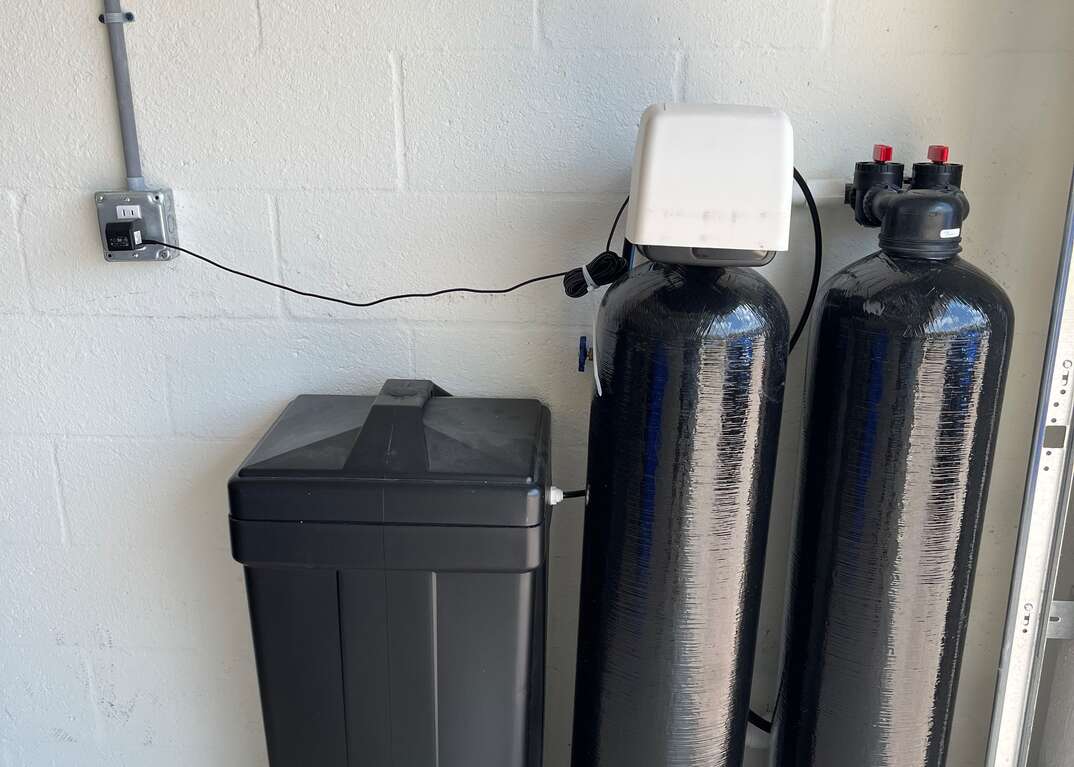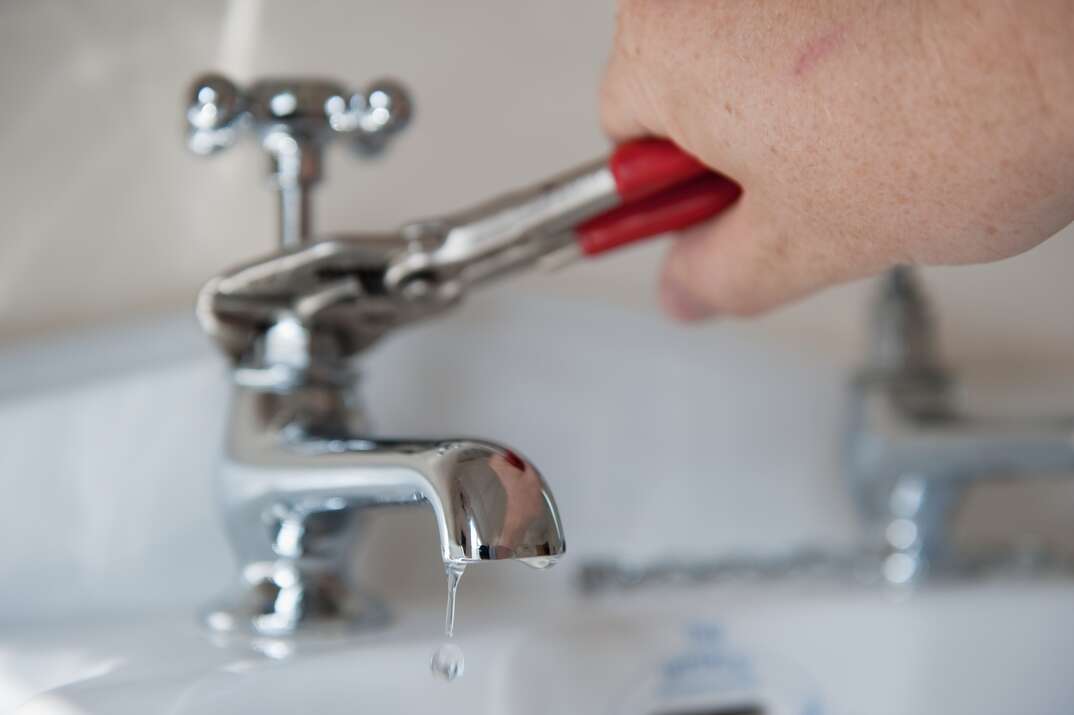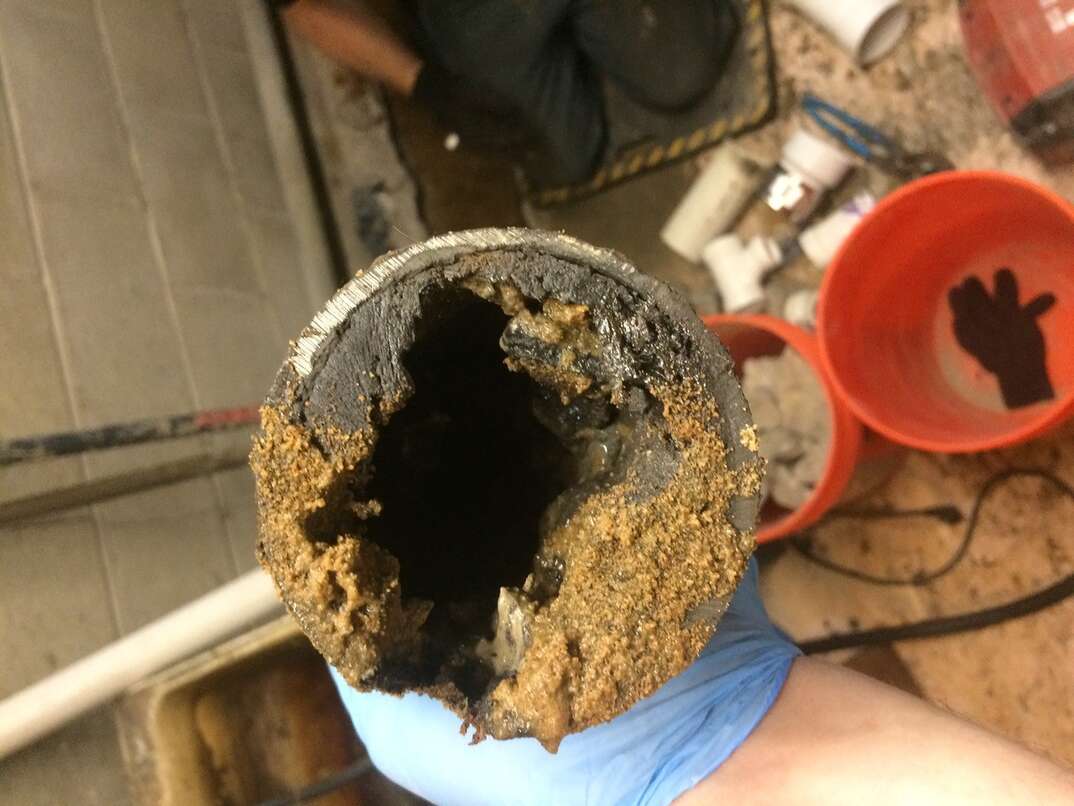How Much Does Water Softener Salt Cost?

Homeowners are often surprised to learn their shiny new water softener units need a steady supply of salt. Don't worry: Adding salt to your unit won't make your tap water briny — it's used in small quantities to keep your water softener working at its best.
This May Also Interest You: What Is Water Softener Salt?
While water softener salt is relatively inexpensive in the grand scheme of home maintenance costs, understanding the prices involved can help you budget more effectively. Below, we'll explain how much water softener salt costs and why you need it in the first place.
What Is Water Softener Salt?
Residential water softeners have a tank containing brine (water and salt solution). There's a common misconception that water softener salt softens the water, but it actually recharges the beads used to remove minerals from your water supply.
When water passes through the resin tank in your water softener, the resin beads remove mineral ions and replace them with salt ions. Adding water softener salt pellets to your unit provides a steady supply of salt ions. If you don't add salt pellets regularly, the resin beads will stop functioning correctly. You may then start to see the effects of minerals in your water supply, such as a chalky residue around your taps and regular plumbing clogs.
Some homeowners wonder whether they can use regular table salt instead of specialized salt for water softeners because it's cheap and readily available. Technically, there's no reason you can't swap water softener salt for regular salt — although using the wrong product could void your warranty in some situations. Generally, it's best to use salt produced for the purpose of recharging your water softener. Other types of salt may contain contaminants and other debris, and you'll likely need to flush your brine tank regularly to remove unwanted substances.
More Related Articles:
- Have Hard Water? Here’s How to Know — and How to Treat It
- What Is a Water Softener?
- How Much Does It Cost to Install or Replace a Water Softener?
- Installing a Water Softener Isn’t So Hard: A 6-Step Guide
- How to Know If Your Bathtub Has Hard Water
What Are the Different Types of Softener Salt?
Sodium chloride is the most commonly used water softener salt because it's affordable and efficient. Potassium chloride is also an option, although it's not as efficient. You can purchase water softener salt in crystals, tablets or larger blocks. Crystals and tablets are usually cheaper, although block salt could be a better option if you don't want to refill your water softener salt regularly.
There are three main types of sodium chloride salts: evaporated salt, solar salt and rock salt. Rock salt is the most affordable type and comes from underground sources. It doesn't dissolve as readily as other water softener salts, so it's more likely to cause clogs and maintenance issues.
Solar salt is made by evaporating seawater and is purer than rock salt. It dissolves easily inside your system and could be a good option if you frequently discover clumps of salt inside your saline tank.
Manufacturers produce evaporated salt by dissolving rock salt in water to produce brine. They then evaporate the liquid, leaving exceptionally pure salt behind. As you might expect, evaporated salt is the most expensive option because it takes longer to produce. However, it's also the least likely to cause blockages.
How Much Does Water Softener Salt Cost?
Generally, you should expect to pay between $5 and $10 (CAD 6.83 to CAD 14) for a 40-pound bag of sodium chloride water softener salt, according to data from Architectural Digest. The same amount of potassium chloride salt costs $50 to $70 (CAD 68 to CAD 96), although it could be worth paying for this type of softener salt if you're concerned about your sodium intake. Bear in mind that you'll need to use more potassium chloride in your water softener than you would sodium chloride.
All CAD conversions are based on the exchange rate on the date of publication.


